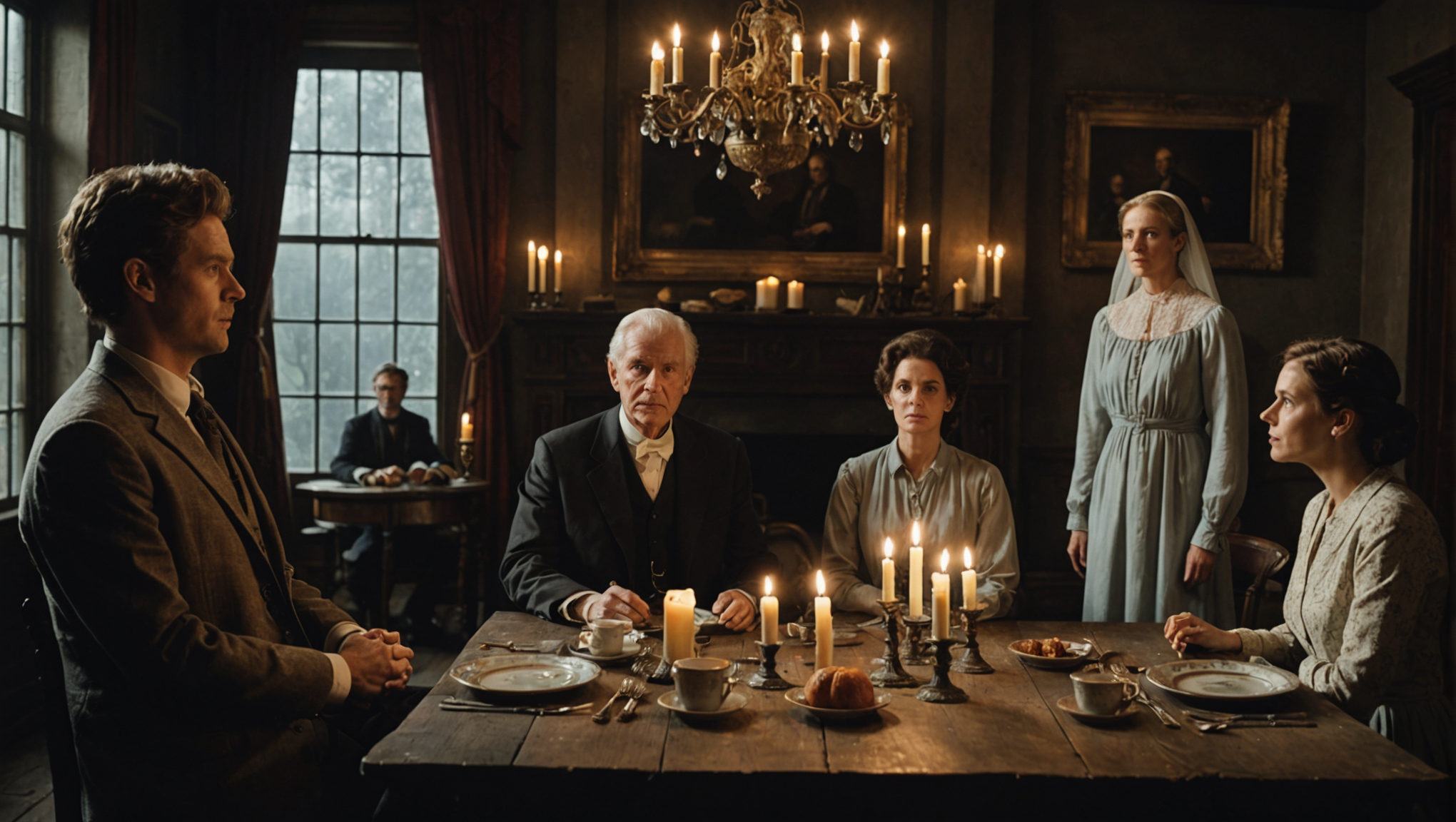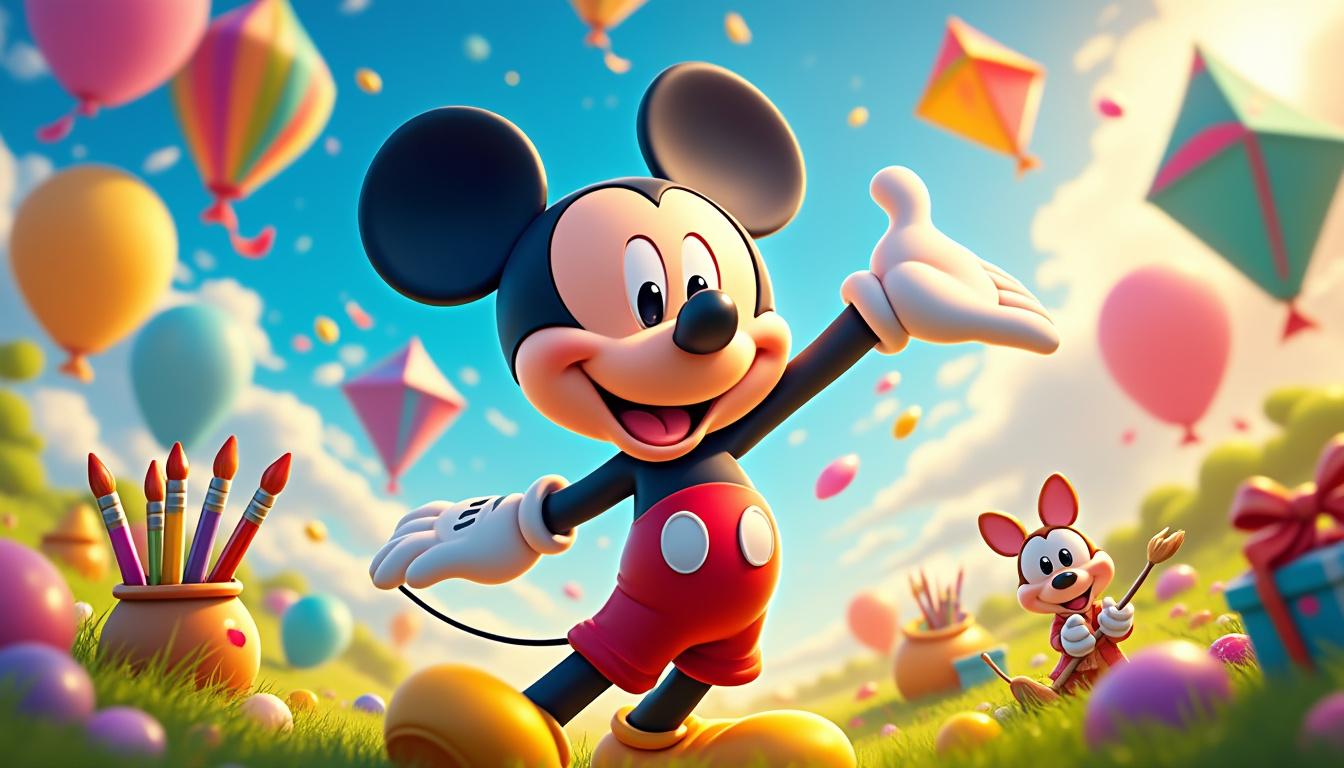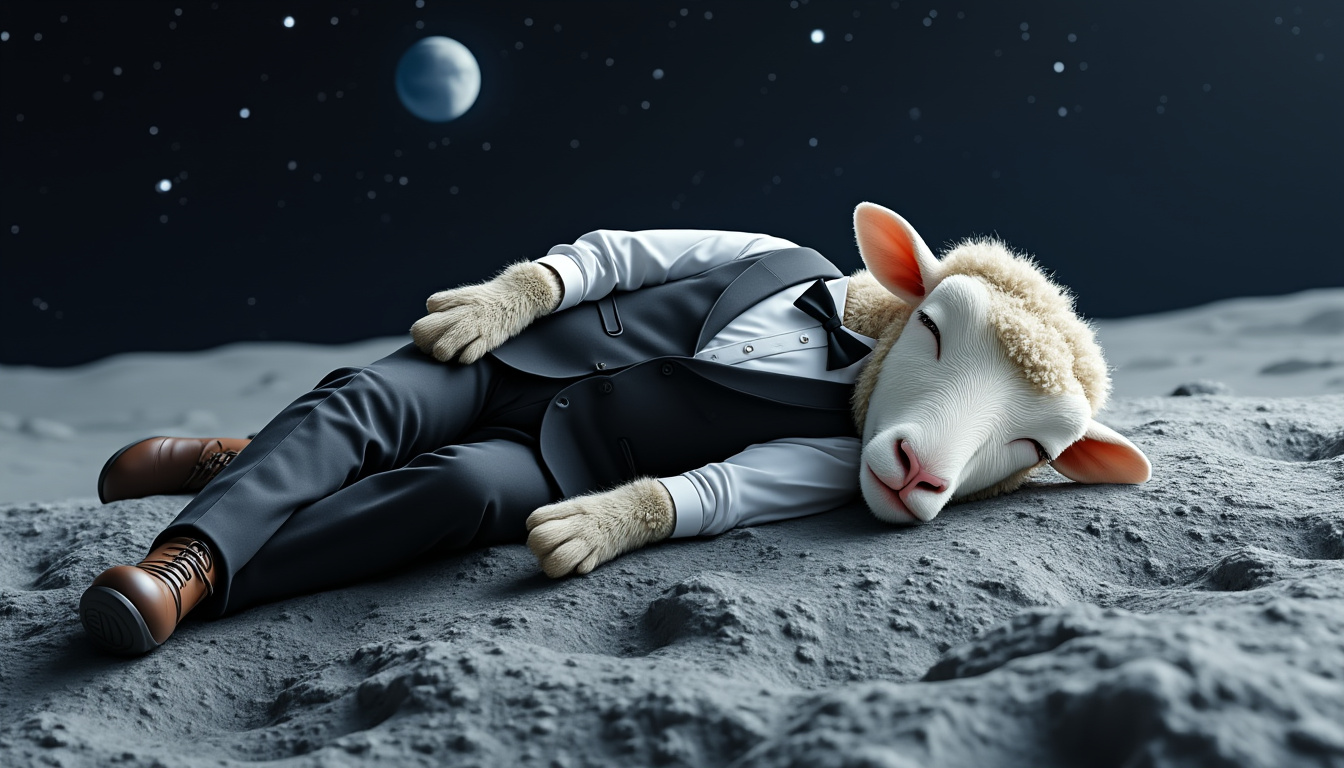At night, something creaks, and one finds themselves hesitating between a mischievous ghost or simply a board creaking under the weight of silence. For some, ghosts exist only in stories, while for others, they populate the invisible. Almost one in four Americans believes in these visions from beyond. But what pushes us to believe? Could it be our personality, our open-mindedness, our intuition? The mystery of spirits seems linked not only to our troubled times but also to the way we think and feel. Each individual, with their unique approach to the unknown, can find themselves somewhere between rigorous logic and overflowing imagination. What is your path?

When something makes a strange noise in the night, do you immediately think of an evil spirit or simply a creaky old door? Belief in the existence of ghosts can vary from person to person, influenced by many factors, including personality.
For centuries, humanity has tried to make sense of what it does not understand, particularly spirits. For many, these beliefs are not solely based on visible evidence but also on personality traits that influence our perception of the world. Individuals who are open-minded, intuitive, and empathetic tend to be more receptive to ideas of the beyond. These people often perceive inexplicable events as paranormal manifestations.
For others, more sceptical and attached to logic and facts, ghosts are merely a mistaken interpretation of events. These personalities seek to explain all strange phenomena through science and reason, adopting an analytical approach when it comes to solving the mysteries of existence.
Ultimately, the belief or disbelief in ghosts is influenced by our personal experiences, our culture, and the way our mind apprehends the unknown. These deeply individual convictions show that it is essential to be respectful of the various beliefs that shape our understanding of the world.
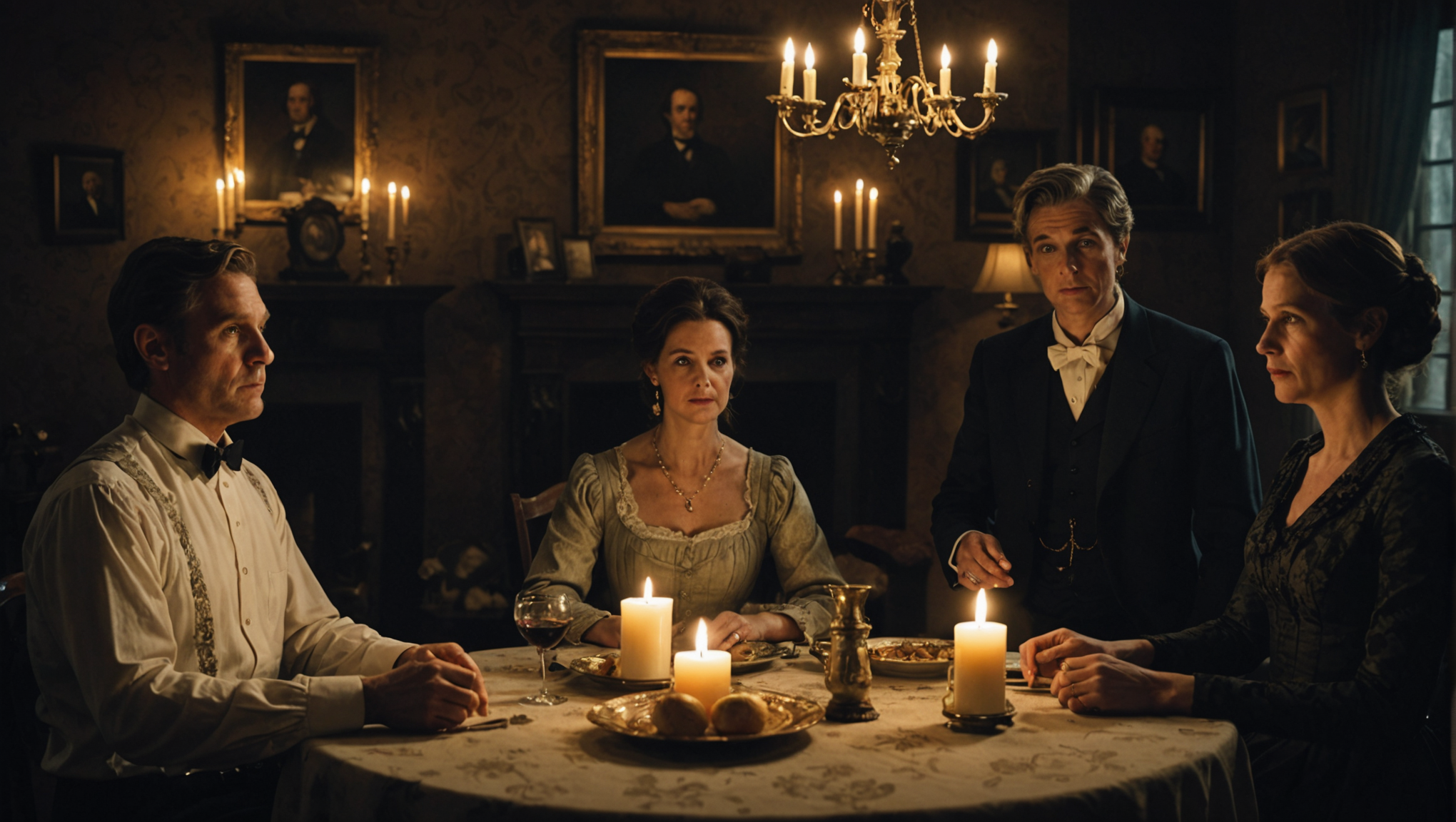
Do you believe in ghosts?
When a noise is heard in the middle of the night, do you consider that it could be an evil spirit or simply a floor that creaks? If you perceive the world as full of still unexplained mysteries, you are not alone. In reality, nearly one quarter of Americans believe in ghosts, while the rest prefer more rational explanations when faced with the unknown. But what determines our tendency to believe in these paranormal phenomena? Is it merely a matter of personal belief or is there something deeper?
Historical and Social Factors
Beliefs in supernatural beings have haunted the human mind since time immemorial, long before religion introduced its own celestial and demonic creatures. Significant historical periods, like the Victorian era, have seen these beliefs intensify in response to a challenging social context. This era of rapid changes was marked by a fascination with spiritualism and séances to contact the dead. This trend continued into the 20th century during global crises, reinforcing the idea that difficult times push us to seek answers in the supernatural world.
Personality and Belief in Ghosts
Researchers suggest that the tendency to believe in ghosts may be influenced by personality traits. People with a more open, intuitive, and empathetic mindset are often more inclined to accept the idea of supernatural phenomena. Conversely, those who prioritize logic and facts, such as analytical thinkers, might be less inclined to admit these ideas. According to studies, your cognitive style can play a role as crucial as your environment in shaping your beliefs.
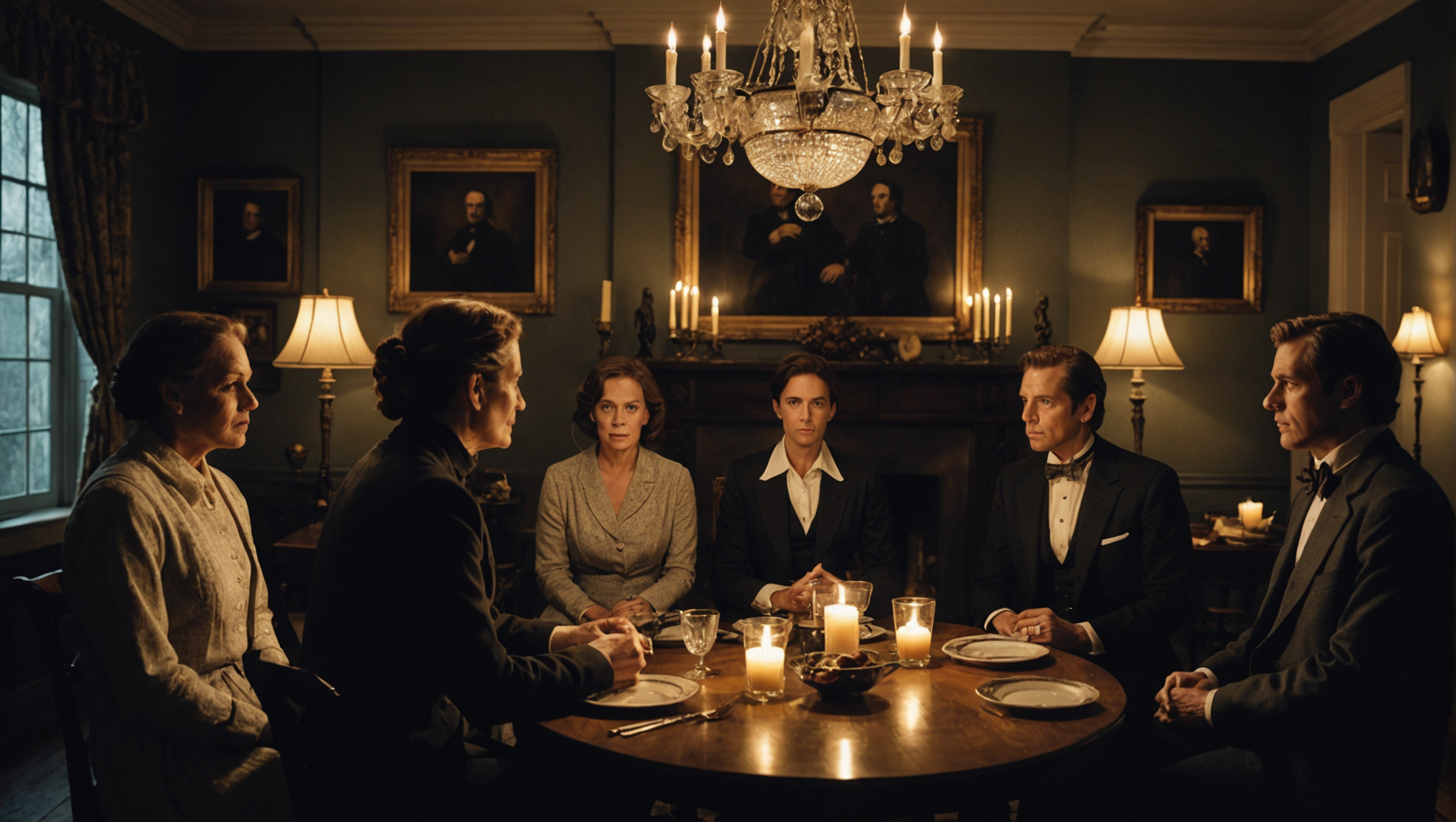
FAQ
Q: What does it mean to believe in ghosts?
A: Believing in ghosts means thinking that supernatural beings or spirits exist and can influence the physical world.
Q: Why do some people believe in ghosts?
A: Belief in ghosts may stem from personal factors, such as open, intuitive, and empathetic personality traits, or from historical periods when spiritualism was popular.
Q: Does history affect our belief in ghosts?
A: Yes, during times of turmoil like war or pandemics, interest in the supernatural tends to grow.
Q: What type of personality is more likely to believe in ghosts?
A: Personalities that are open-minded, intuitive, and empathetic, such as the INFP, INFJ, ENFP, and ENFJ types, are more prone to believe in ghosts.
Q: Do logical people believe in ghosts?
A: People who favor logic and facts, like the INTJ, ISTJ, ESTJ, and ENTJ personality types, are generally less inclined to believe in ghosts.
Q: How does our thinking style affect our belief in the paranormal?
A: Analytical thinkers seek solid, rational evidence and are less likely to believe in the paranormal, while intuitive thinkers often use their emotions and instincts, which may make them more receptive to these ideas.
Q: Can one change their mind about the existence of ghosts?
A: Yes, exposure to new experiences, cultural changes, or personal influences can alter our opinion about ghosts.
Q: Does social context influence our belief in ghosts?
A: Absolutely, our culture and social environment play a major role in shaping our beliefs about supernatural phenomena.

